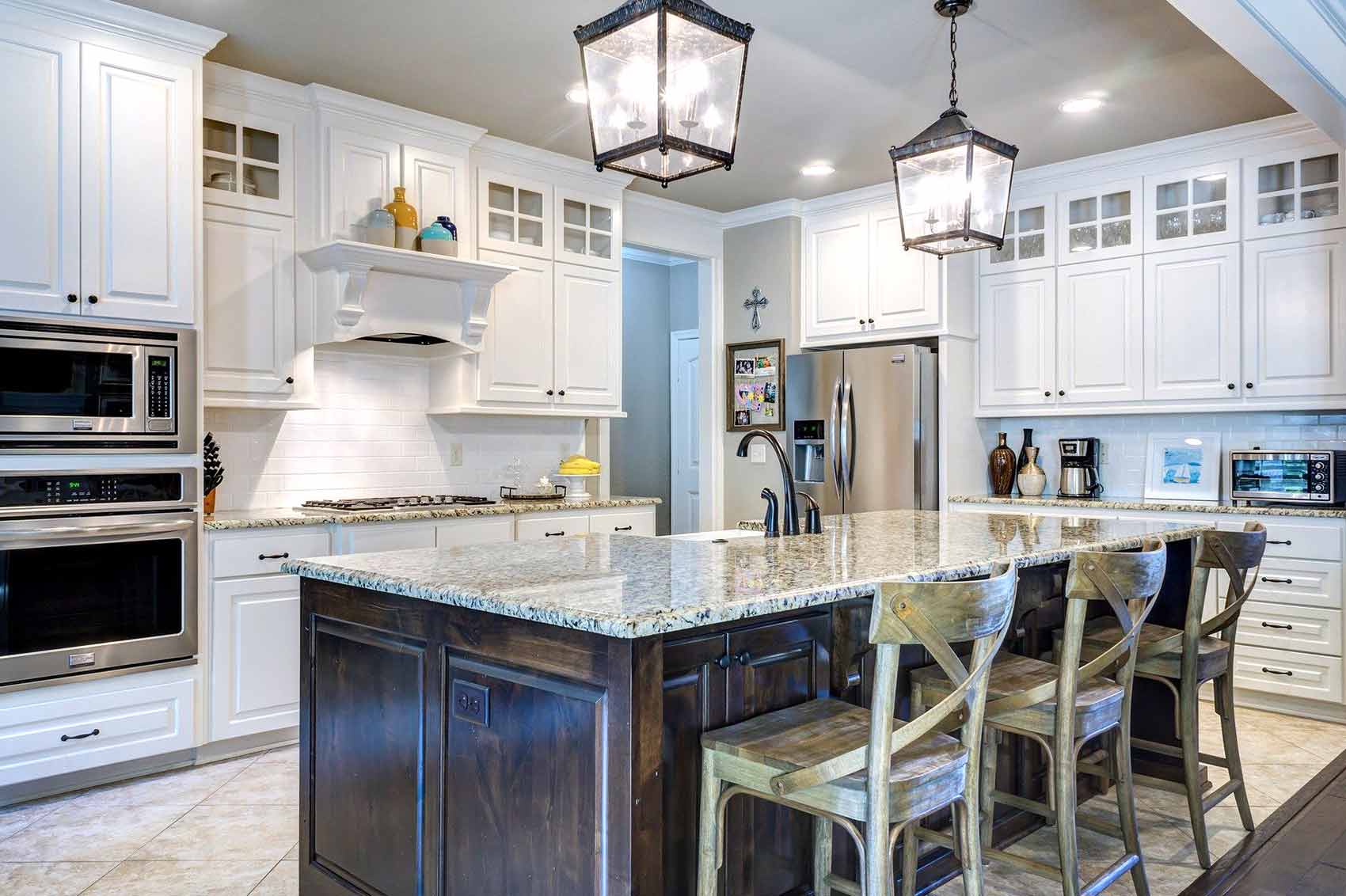Kitchen countertops have to go through different types of treatment every day. They will have spills and drops and have to bear heavy usage. A good countertop should hold up to regular usage without suffering significant wear and tear. Whether you are remodeling the kitchen or building a new home, you may choose between a quartz or quartzite countertop. Quartz and quartzite are the common material options for kitchen and bathroom countertops and it is important to know the differences between the two before making the right choice.
Natural Vs Engineered Materials
Quartzite is a natural material while quartz is engineered. Just because it is natural, it doesn’t mean a quartzite counter is the better option.
You should know the key properties of both these materials:
Quartz
- Quartz is a manufactured or engineered product
- It is made not to stain, scratch, or pit
- There is no need for sealing or special protection
- It has excellent resistance to absorbing grime, bacteria, and stains
Quartz countertop is recommended for heavy use kitchens if you don’t want more frequent resealing.
Quartzite
- It is porous and will absorb spills and stains and harbor bacteria and grime
- It needs proper sealing to prevent stains, pitting, scratches, and other forms of damages
- A quartzite countertop will need sanding and sealing once every 12 months. A more heavily used kitchen countertop will need more frequent resealing.
- If you drop anything heavy or cause a scratch, resealing will be required immediately.
Aesthetic Versatility
Super white quartzite countertops look stunning. But quartz is available in more colors and patterns. It is a man-made material and the pigments added to it during manufacturing can be adjusted to achieve different colors and hues.
Quartz
- You can choose from a wide range of colors including deep pinks, light blues, violet, and orange.
- Quartz slabs can be veined or flecked to show uniform or diverse patterns from one end to another.
Quartzite
- It is mostly available in shades of gray and white. Traces of iron oxide can also provide a pink or red hue.
- There are limitations to the patterns, as they are naturally created. For example, the slabs can feature a veined finish resembling marble or granite and there could be inconsistencies from one end of a slab to the other.
Protection Against Bacteria
As mentioned above, quartz is resilient to bacteria, stains, and grime without being sealed. It can also repel moisture. On the other hand, quartzite is porous.
Quartz
- The unique binding process makes the quartz surface non-porous
- There is no need for sealing and the surface repels both microbes and moisture
- All it will take is wiping up any wet spills and scrubbing any dried spills
- More elaborate cleaning will require nothing more than spraying a surface cleaning on the countertop
Quartzite
- Your quartzite counter is porous without sealing and is susceptible to bacterial impact and staining
- It will require annual or more frequent sealing
- A sealing process can take up to 72 hours for the sealer to cure
Quartz or Quartzite? Our conclusion
If you prefer to give a unique look to your kitchen and maintain consistency across different surfaces, quartz may be an ideal option. It is highly durable and offers all these advantages without breaking the bank. On the other hand, if budget is not a constraint and you are ready to keep up with frequent maintenance, the natural appearance of a quartzite countertop may be ideally suited for you.If you want to learn more about quartz and quartzite countertops, feel free to contact us and visit our showroom. We will be pleased to get back to you and answer your queries.



